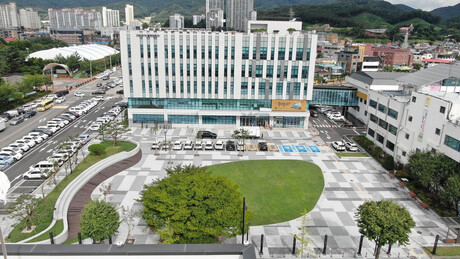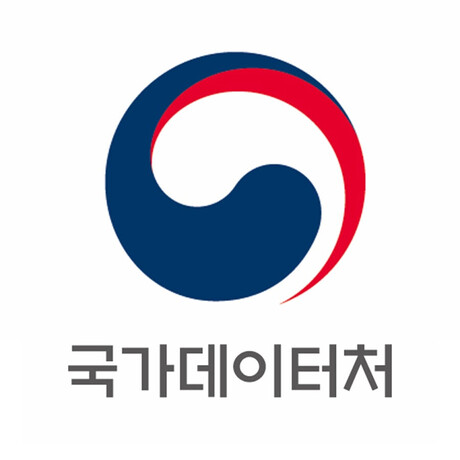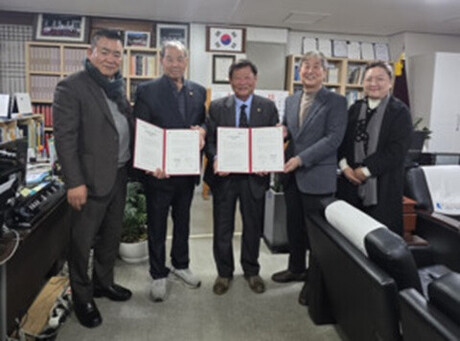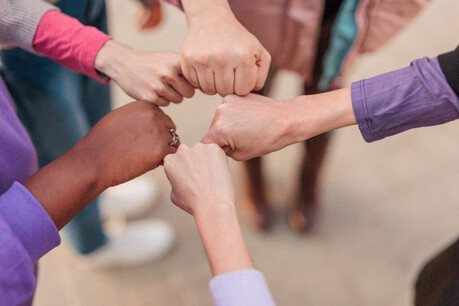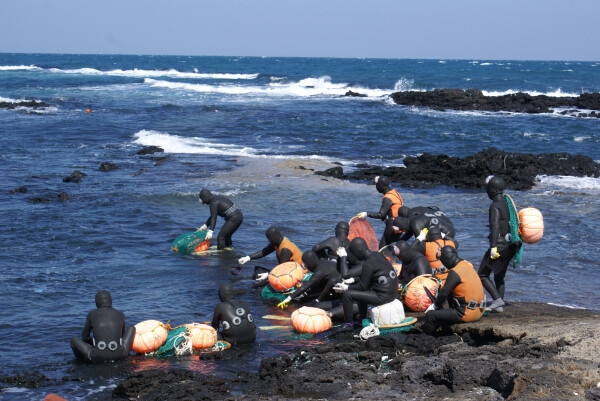
The Jeju haenyeo are a unique and fascinating part of Korean culture. These women divers have been free-diving into the ocean for centuries to collect seafood for their families and communities. Their deep connection to the sea and their traditional practices have earned them recognition as UNESCO Intangible Cultural Heritage.
Who are the Haenyeo?
Haenyeo are women divers who free-dive into the ocean without the use of scuba gear. They rely on their breath-holding abilities and physical strength to collect seafood such as abalone, sea urchins, and shellfish. Traditionally, haenyeo were the primary providers for their families, and their work played a vital role in the local economy.
A Way of Life
The haenyeo lifestyle is characterized by early mornings, long hours in the cold water, and a deep respect for the ocean. They have developed unique diving techniques and a specialized vocabulary to communicate underwater. The haenyeo community has a strong sense of solidarity and cooperation, and they often share their catch and support each other.
Cultural Significance
The haenyeo represent a unique blend of strength, resilience, and harmony with nature. They are seen as symbols of Korean women's empowerment and have been celebrated in folklore, literature, and film. In recent years, there has been a growing interest in preserving the haenyeo culture and promoting eco-tourism in Jeju.
Challenges and Preservation
Despite their rich history and cultural significance, the haenyeo community faces numerous challenges. The aging population, declining seafood resources, and changing environmental conditions have led to a decrease in the number of active haenyeo. Efforts are underway to preserve this traditional way of life and promote sustainable fishing practices.
Conclusion
The Jeju haenyeo are more than just divers; they are living legends who have shaped the history and culture of Jeju Island. Their story is one of resilience, tradition, and a deep connection to the natural world. As we look to the future, it is important to preserve and celebrate the legacy of the haenyeo for generations to come.
[Copyright (c) Global Economic Times. All Rights Reserved.]


















